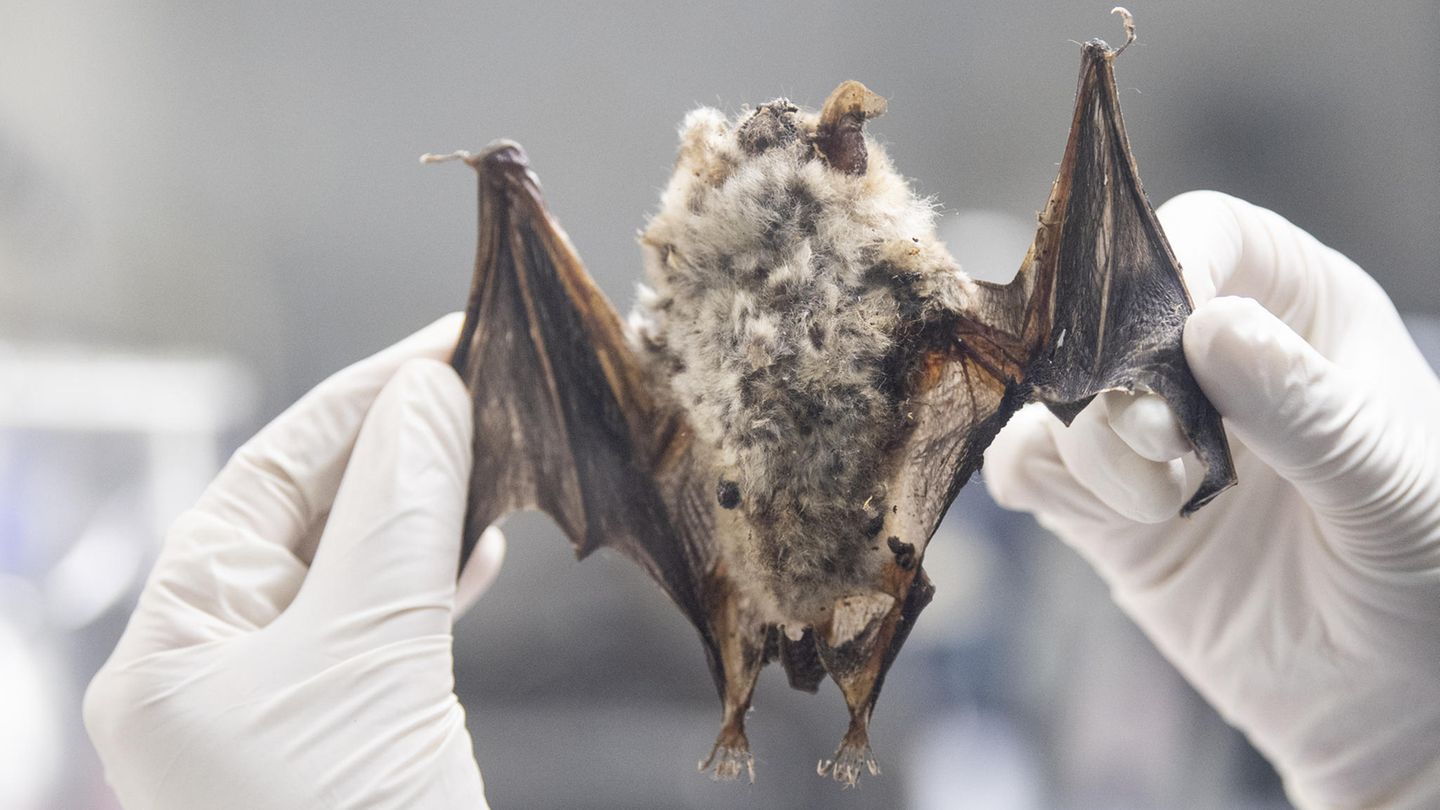Investigation initiated
Virus samples missing from laboratory in Australia – whereabouts unclear
Copy the current link
In Australia, hundreds of samples containing pathogens such as Hantavirus and Lyssavirus disappeared from a laboratory three years ago. How could this happen? And is there reason to worry?
Very strict standards apply in high-security laboratories that work with dangerous pathogens. It is therefore extremely rare for viruses to be lost from such laboratories.
But in 2021, that’s exactly what happened in Australia. The security breach only recently became public knowledge. Nobody yet knows exactly what happened to the virus samples. They are still missing.
Last week, Queensland Health Minister Tim Nicholls announced an investigation. He called the incident a “serious breach” of biosecurity protocol.
Australian authorities have no evidence of theft
Accordingly, 323 virus samples disappeared from a state laboratory in Queensland three years ago. These include almost 100 samples of the Hendra virus, two of the Hantavirus and 223 “fragments” of the Lyssa virus, the Australian radio station and the newspaper reported. The material apparently disappeared after a freezer in which the samples were stored broke.
The breach was discovered in August last year, Nicholls said. The laboratory could not say with certainty whether the material had been removed or destroyed. Corresponding documents were not filled out. “It is this part of the sharing of these materials that is of concern.”
However, there is no evidence that the samples were removed from the laboratory or even stolen, emphasized Nicholls. There were no health incidents that could be attributed to the material.
After the Corona alarm for hamsters in Hong Kong: These animals have also become infected with the virus

Bats as intermediate hosts
© ENNIO LEANZA / Picture Alliance
Back
Further
Expert sees low risk for the population
When asked why the public was not informed of the breach earlier, the Health Minister replied that it would be part of the investigation.
However, there is no high risk for the population, assured Chief Health Officer Dr. John Gerrard. The violation of the registration requirement is serious, but the risk to the population is very low. It is difficult to imagine that the population is at risk.
“It is important to know that these virus samples decompose very quickly outside of a freezer and are no longer infectious.”
Gerrard said it was most likely that the samples were “destroyed” but this was not adequately documented. He also assured that there had been no human cases of Hendra or Lyssavirus in Queensland in the last five years. In addition, hantavirus infections have never been reported in Australia.
Hendravirus, Hantavirus and Lyssavirus potentially fatal
According to the Hendraviruses are pathogens from the genus Henipaviruses. They were first described in Australia in 1995. In 1994, the virus spread to racing stables in the Brisbane suburb of Hendra, killing a trainer and 13 horses. The virus can cause severe encephalitis, an inflammation of the brain, in humans. There are also respiratory problems.
Hantaviruses are found all over the world and are transmitted to humans from mice and rats. An infection can vary in severity. Symptoms include fever, flu-like symptoms, pain, nausea and diarrhea. As the disease progresses, a sudden drop in blood pressure and impaired kidney function can also occur. But deaths are rare. The form of the disease observed in Germany usually heals without consequences.
The Lyssavirus is a pathogen whose family also includes the rabies virus. The virus occurs primarily in bats, including in Germany. Das writes: “In principle, the same danger must be assumed when lyssaviruses are transmitted from bats to humans as with classic terrestrial rabies.” Rabies is a disease transmitted primarily by dogs that affects the central nervous system and is usually fatal. It is mainly found in Africa and Asia. Germany has “rabies-free” status.
Source: Stern
I’m Caroline, a journalist and author for 24 Hours Worlds. I specialize in health-related news and stories, bringing real-world impact to readers across the globe. With my experience in journalism and writing in both print and online formats, I strive to provide reliable information that resonates with audiences from all walks of life.




